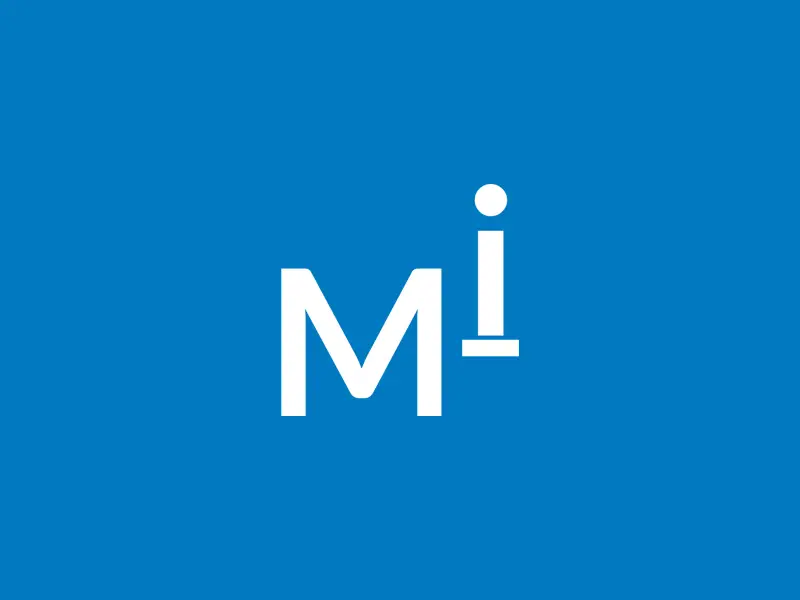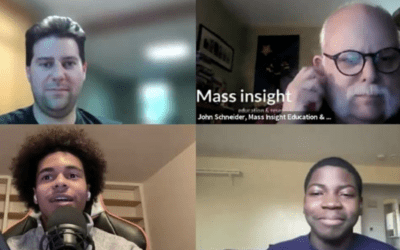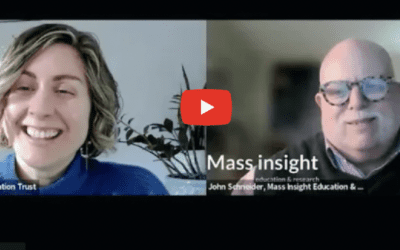What does the evidence say about how schools can improve the adolescent literacy crisis happening in our country? In this webinar, we explore the Institute of Education Sciences Reading Intervention Guide for Grades 4 through 9, found here, and diving into two of the...
See yourself in STEM
Massachusetts is celebrating STEM week October 21-25. Mass Insight is proud to be a supporter of this annual event, which is organized by the state’s STEM Advisory Council. We will be tweeting quotes from Mass Insight’s Advanced Placement STEM content directors and teachers throughout the week @MassInsightEdu. Last week, close to 300 AP math and science teachers participated in Mass Insight’s professional development workshops, exploring ways to make STEM classes even more engaging to students while maintaining the high standards expected in an AP classroom.
My own experience with AP STEM education came as an AP biology student at Pittsfield High School. I was, at best, a mediocre AP Bio student. Don’t misunderstand; I really liked my teacher. She turned me into an active learner, helped me develop critical thinking skills, and pushed me to get outside my comfort zone. I used to come in early to help her set up for labs and stay late to help her clean them up. But in the end, I didn’t take the AP Bio exam. I was too intimidated; I felt like there wasn’t a place for me in STEM.
AP bio was pretty much the end of my STEM studies until I was a senior in college and I enrolled in a course about energy and public policy. Political science students like me joined engineering students for a semester-long study of politics and science in the hopes that we would understand each other better. I learned that science and math were not just for scientists and mathematicians; that being interested in STEM might not lead me directly to a STEM career but would make me better at understanding the complicated decisions that citizens in the modern world need to make (back then it was nuclear power; the more things change…).
During Mass Insight’s STEM training, many teachers told me that STEM education is essential to understanding what’s going on in the world and is one of the best ways to develop critical thinking skills. The project-based lessons they were planning also showed me how committed our teachers are to engaging students in creating their own learning and sense of discovery. That’s what makes good STEM education so important. Good STEM education is providing students with an opportunity to explore, discover, think, and ask good questions.
The theme for this year’s STEM week is “See yourself in STEM.” Recently I was reminded by an executive at a STEM company that a career in STEM includes jobs like engineering, science, and computer technology, and jobs in such fields as marketing, communications, business management, and government relations; political scientists and engineers working hand-in-hand to solve big problems.
We need to help students see that there is a place for them in STEM. We all benefit when schools have a robust STEM curriculum and teachers who encourage a sense of discovery about how the world works and who make us get out from our comfort zone like I did once in my AP bio class.

Recent Posts
AP On-Track Framework Walkthrough — Webinar
Throughout the school year, AP students face crucial moments on their path to the AP exam. Mass Insight has developed a comprehensive roadmap to assist teachers in helping students build the academic and non-academic skills necessary for success in their AP classes....
All Over The Map – Webinar
When it comes to the courses high schoolers across the Commonwealth are required to complete for their diplomas, Massachusetts sets few requirements and collects no school level data. Instead, each high school makes their own determination about the courses required...
You may also like
An Interview with Mass Insight AP Students and their Teacher
https://youtu.be/mQTeW8-sX40 We sat down with two Mass Insight AP STEM & English Program students, Ben and Chris-Ander, and their teacher, William Pellegrino, to hear about their educational journeys, their experiences in AP classes and as vocational students, and...
An Interview with Kristen Hengtgen of The Education Trust
https://youtu.be/1ZfxNShHJOU?si=d1a1GoVrgrDWT5Cu Kristen Hengtgen, Ph.D. is a senior analyst on The Education Trust's P-12 policy team and co-author of their new report, Increasing Access to Advanced Coursework in Massachusetts. In this interview, she joins Mass...
Creating the conditions for greater success of systemically disadvantaged students in AP: Next steps for the Massachusetts AP STEM & English program
Recently the New York Times published an article entitled, Why is the College Board Pushing to Expand Advanced Placement? The article focuses on an important issue: there’s been greater growth in AP participation for Black and Latino students and students living in...



